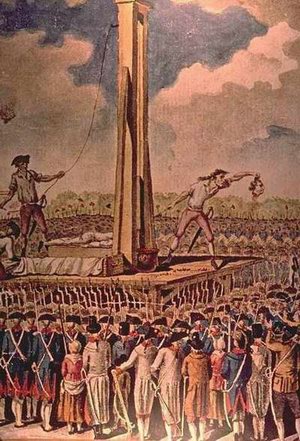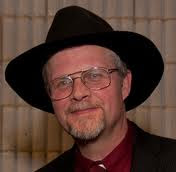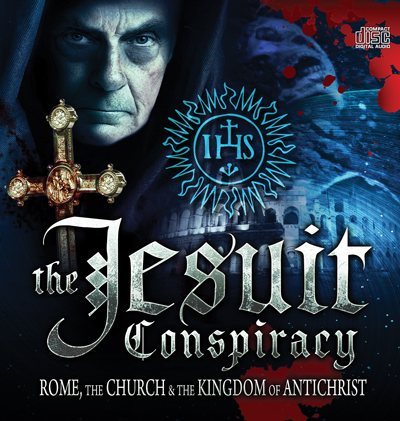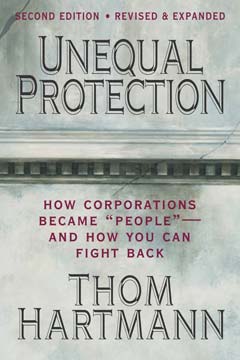 John of Damascus on Holy Images Refuted Part 2
John of Damascus on Holy Images Refuted Part 2
The following is taken from the Christian Classics Ethereal Library edition (London: Thomas Baker, 1898) with copy and paste text support fromFordham University’s Internet History Sourcebook’s website:
Psa 97:7 Let all those be ashamed who serve graven images, Who boast themselves of idols; Worship Him, all you gods.
Deut 5:6 ‘I am the LORD your God who brought you out of the land of Egypt, out of the house of slavery. 7 ‘You shall have no other gods before Me. 8 ‘You shall not make for yourself an idol, or any likeness of what is in heaven above or on the earth beneath or in the water under the earth.
Deut 4:15 “So watch yourselves carefully, since you did not see any form on the day the LORD spoke to you at Horeb from the midst of the fire, 16 so that you do not act corruptly and make a graven image for yourselves in the form of any figure, the likeness of male or female, 17 the likeness of any animal that is on the earth, the likeness of any winged bird that flies in the sky, 18 the likeness of anything that creeps on the ground, the likeness of any fish that is in the water below the earth.
On page 13 Damascus argues, “Again, in His tabernacles, as when all the people of Israel adored in the tent, and standing round the temple in Jerusalem, fixing their gaze upon it from all sides, and worshipping from that day to this”
>>>In a section dealing with the anchoretic arguments for kneeling before the host, Gillespie refutes in toto, the anchoretic arguments for icon and relic veneration coming from the adoration that the Jews gave to the Temple and Ark in the Old Testament,
George Gillespie’s English Popish Ceremonies, originally published in 1637; Reprinted in 1844. (Edinburgh: Robert Ogle and Oliver& Boyd), pg. 102-105,
“Sect. 17. The sixth and last argument whereby I prove the kneeling in question to be idolatry, is taken from the nature and kind of the worship wherein it is used. For the receiving of the sacrament being a mediate worship of God, wherein the elements come between God and us, in such sort that they belong to the substance of the worship (for without the elements, the sacrament is not a sacrament), and withal are susceptive of co-adoration, forasmuch as in the act of receiving, both our minds and our external senses are, and should be, fastened upon them; hereby we evince the idolatry of kneeling in the receiving. For in every mediate worship, wherein some creature is purposely set between God and us to have state in the same, it is idolatry to kneel before such a creature, whilst both our minds and senses are fastened upon it. Our opposites have talked many things together to infringe this argument. First, They allege the bowing of God’s people before the ark, the temple, the holy mountain, the altar, the bush, the cloud, the fire which came from heaven. Ans. 1. Where they have read that the people bowed before the altar of God, I know not. Bishop Lindsey indeed would prove from 2 Chron. vi. 12, 13, and Mich. vi. 6, that the people bowed before the altar and the offering. But the first of those places speaks nothing of kneeling before the altar, but only of kneeling before the congregation, that is, in the sight of the congregation. And if Solomon had then kneeled before the altar, yet the altar had been but occasionally and accidentally before him in his adoration; for to what end and use could he have purposely set the altar before him, whilst he was kneeling and praying? The place of Micah cannot prove that God’s people did kneel before the offerings at all (for it speaks only of bowing before God), far less, that they kneeled before them in the very act of offering, and that with their minds and senses fixed upon them, as we kneel in the very act of receiving the sacrament, and that at that instant when our minds and senses are fastened upon the signs, that we may discern the things signified by them, for the exercising of our hearts in a thankful meditation upon the Lord’s death. 2. As for the other examples here alleged, God was immediately present, in and with the ark, the temple, the holy mountain, the bush, the cloud, and the fire which came from heaven, speaking and manifesting himself to his people by his own immediate voice, and miraculous extraordinary presence; so that worshipping before these things had the same reason which makes the twenty-four elders in heaven worship before the throne, Rev. iv. 10; for in these things God did immediately manifest his presence as well as in heaven. Though there be a difference in the degrees of the immediate manifestation of his presence in earth and in heaven, yet magis et minus non variant speciem. Now God is present in the sacrament, not extraordinarily, but in the way of an ordinary dispensation, not immediately, but mediately. They must therefore allege some commendable examples of such a kneeling as we dispute about, in a mediate and ordinary worship, else they say nothing to the point.
Sect. 18. Yet to no better purpose they tell us, that when God spake, Abraham fell on his face; and when the fire came down at Elijah’s prayer, the people fell on their faces. What is this to the purpose? And how shall kneeling in a mediate and ordinary worship be warranted by kneeling in the hearing of God’s own immediate voice, or in seeing the miraculous signs of his extraordinary presence. Howbeit it cannot be proved, neither, that the people fell on their faces in the very act of seeing the fire fall (when their eyes and their minds were fastened upon it), but that after they had seen the miracle wrought, they so considered of it as to fall down and worship God.
But further, it is objected, “that a penitentiary kneels to God purposely before the congregation, and with a respect to the congregation, &c. When we come to our common tables before we eat, either sitting with our heads discovered, or standing, or kneeling, we give thanks and bless, with a respect to the meat, which is purposely set on table, &c. The pastor, when he begins the holy action, hath the bread and the cup set before him purposely upon the table, and with respect to them he gives thanks,” &c.
Ans. Though a penitentiary kneel to God purposely in the presence and sight of the congregation, that he may make known to them his repentance for the sin whereby he hath scandalised them, yet is the confessing of his sin to God, kneeling there upon his knees, an immediate worship, neither doth the congregation come betwixt him and God, as belonging to the substance of this worship, for he kneeleth to God as well, and maketh confession of his sin, when the congregation is not before him. But I suppose our kneelers themselves will confess, that the elements come so betwixt God and them when they kneel, that they belong to the essence of the worship in hand, and that they would not, nor could not, worship the flesh and blood of Christ in the sacrament, if the elements were not before them.
To be short, the case of a penitentiary standeth thus, that not in his kneeling simpliciter, but in his kneeling publicly and in sight of the congregation, he setteth them before him purposely, and with a respect to them; whereas our kneelers do kneel in such sort that their kneeling simpliciter, and without an adjection or adjunct, hath a respect to the elements purposely set before them; neither would they at all kneel for that end and purpose for which they do kneel, namely, for worshipping the flesh and blood of Christ in the sacrament, except the elements were before the eyes both of their minds and bodies, as the penitentiary doth kneel for making confession of his sin to God, when the congregation is not before him.
And if one would say, that in kneeling at the sacrament he worshippeth not the flesh and blood of Christ, but the Lord his God only, yet is the same difference to be put betwixt his kneeling before the elements, and the kneeling of a penitentiary before the congregation: for the very kneeling itself (simply considered) before the elements, respecteth them as then purposely set in our sight that we may kneel before them; whereas, in the case of the penitentiary, it is not his kneeling to confess his sin to God which hath a respect to the congregation as set in his sight for that purpose, but some circumstances of his kneeling only, to wit, when ? At that time when the congregation is assembled. And where? Publicly in sight of the congregation! In regard of these circumstances, he hath the congregation purposely in his sight, and so respecteth them; but in regard of the kneeling itself simply, the presence of the congregation is but accidental to him who kneeleth and confesseth his sin before God. As touching giving thanks before the meat set on our common tables, though a man should do it kneeling, yet this speaketh not home to the point now in controversy, except a man so kneel before his meat, that he have a religious respect to it as a thing separated from a common use and made holy, and likewise have both his mind, and his external senses of seeing, touching, and tasting, fastened upon it in the act of his kneeling. And if a man should thus kneel before his meat, he were an idolater.
Lastly, Giving thanks before the elements of bread and wine, in the beginning of the holy action, is as far from the purpose; for this giving of thanks is an immediate worship of God, wherein we have our minds and senses, not upon the bread and wine as upon things which have a state in that worship of the Lord’s supper, and belong to the substance of the same (for the very consecration of them to this use is but then in fieri), but we worship God immediately by prayer and giving of thanks, which is all otherwise in the act of receiving.
Sect. 19. Moreover it is objected out of Lev. ix. 24 ; 2 Chron. vii. 3 ;Mich.vi. 6 ; 2 Chron. xxix. 28—30, that all the people fell on their faces before the legal sacrifices, when the fire consumed the burnt-offering.
Whereunto it may be answered, that the fire which came from God and consumed the burnt-offerings, was one of the miraculous signs of God’s extraordinary and immediate presence (as I have said before), and therefore kneeling before the same hath nothing to do with the present purpose.
But if we will particularly consider all these places, we find in the first two, that beside the fire, the glory of the Lord did also appear in a more miraculous and extraordinary manner, Lev. ix. 23, “The glory of the Lord appeared to all the people;” 2 Chron. vii. 1,12, ” The glory of the Lord filled the house.” They are therefore running at random who take hold of those places to draw out of them the lawfulness of kneeling in a mediate and ordinary worship.
The place of Micah I have answered before; and here I add, that though it could be proved from that place (as it cannot), that the people have bowed before the offerings, and that in the very act of offering, yet how shall it be proved, that in the act of their kneeling they had the offerings purposely before them, and their minds and senses fixed upon them in the very instant of their worshiping.
This I make clear by the last place, 2 Chron. xxix., out of which no more can be drawn but that the people worshipped whilst the priests were yet offering the burnt-offering. Now the burnt-offering was but accidentally before the people in their worshipping, and only because it was offered at the same time when the song of the Lord was sung, ver. 27. Such was the forwardness of zeal in restoring religion and purging the temple, that it admitted no stay, but eagerly prosecuted the work till it was perfected ; therefore the thing was done suddenly, ver. 36. Since, then, the song and the sacrifice were performed at the same time, we must note that the people worshipped at that time, not because of the sacrifice, which was a mediate worship, but because of the song of the Lord, which was an immediate worship. Now we all commend kneeling in an immediate worship. But this cannot content our opposites; they will needs have it lawful to kneel, in the hearing of the word, purposely, and with a respect to the word preached (though this be a mediate worship only). Their warrants1 are taken out, Exod. iv. 30, 31; Exod. xii. 27; 2 Chron. xx. 18; Matt. xvii. 6. From the first three places no more can be inferred but that these hearers bowed their heads and worshipped, after that they heard the word of the Lord; neither shall they ever warrant bowing and worshipping in the act of hearing.
In the fourth place, we read that the disciples fell on their faces when they heard God’s own immediate voice out of the cloud. What maketh this for falling down to worship at the hearing of the word preached by men? How long shall our opposites not distinguish betwixt mediate and immediate worship?…Sect. 20. But tho kneelers would yet make more ado to us, and be still stirring if they can do no more. Wherefore one of our doctors objecteth,1 that we lift up our eyes and our hands to heaven, and worship God, yet we do not worship the heaven ; that a man going to bed, prayeth before his bed ; that David offered the sacrifices of thanksgiving, in the presence of all the people, sal. cxvi; that Paul, having taken bread, gave thanks before all them who were in the ship, Acts xxvii. 36; that the Israelites worshipped before Moses and Aaron, Exod. iv. 31. Hereupon another doctor, harping upon the same string, tells us,a that when we kneel in the act of receiving the sacrament, ” we kneel no more to bread than to the pulpit when we join our prayers with the minister’s.” *********Oh, unworthy instances, and reproachful to doctors ! All these things were and are accidentally present to the worshippers, and not purposely before them************, nor respected as having a religious state in the worship. What ? Do we worship before the bread in the sacrament, even as before a pulpit, a bed, &c. ? Nay, graduate men should understand better what they speak of.” (pg.105)
Damascus also appeals to the fact that our Bibles are full of images, letters and words that represent God.
>>>But words don’t represent things. Words are arbitrary tags for things. (See Language and Theology by Gordon Clark)
Damascus complains (pg. 15),
“Answer me this question. Is there only one God? You answer, “Yes, there is only one Law-giver.” Why, then, does He command contrary things? The cherubim are not outside of creation; why, then, does He allow cherubim carved by the hand of man to overshadow the mercy-scat? Is it not evident that as it is impossible to make an image of God, who is uncircumscribed and impassible, or of one like to God, creation should not be worshipped as God. He allows the image of the cherubim who are circumscribed, and prostrate in adoration before the divine throne, to be made, and thus prostrate to overshadow the mercy-seat. It was fitting that the image of the heavenly choirs should overshadow the divine mysteries. Would you say that the ark and staff and mercy-seat were not made? Are [15] they not produced by the hand of man? Are they not due to what you call contemptible matter? What was the tabernacle itself? Was it not an image?”
>>>First, Damascus is not arguing against the Reformed understanding of images as I have just shown in part 1; however, there is something to be said here. Like good judaizers that the Anchoretic Churches are, they do not understand the difference between the Old and New Covenant. Ceremonies are inferior to simple Biblical Elements: Heb 9: 9Which was a figure for the time then present, in which were offered both gifts and sacrifices, that could not make him that did the service perfect, as pertaining to the conscience;10 [Which stood] only in meats and drinks, and divers washings, and carnal (sarx) ordinances, imposed [on them] until the time of reformation. (kjv)
The outward display of the Temple and Tabernacle were part and parcel of the CARNAL Old Testament administration of the Covenant of Grace. The Christian bride does not need such adornments. 1 Peter 3:1 In the same way, you wives, be submissive to your own husbands so that even if any of them are disobedient to the word, they may be won without a word by the behavior of their wives, 2 as they observe your chaste and [a]respectful behavior. 3 Your adornment must not be merely external—braiding the hair, and wearing gold jewelry, or putting on dresses; 4 but let it be the hidden person of the heart, with the imperishable quality of a gentle and quiet spirit, which is precious in the sight of God.
Damascus though is arguing against a very strange system of theology that forbids images altogether. We Calvinist Reformed do not do that. We forbid making images of the divine persons, we forbid worshipping images of dead saints or anything outside of the Godhead (but we do not forbid making images of dead saints) and we forbid making the Church building a display of wealth and ornate carnal obsession. I have had many Eastern Orthodox people assume we forbid all imagery and accuse me of Manichaeism. This is a lie.
Damascus complain (pg. 27) “The shadow and winding sheet and relics of the apostles cured sickness, and put demons to flight. (Acts 5.15) How, then, shall not the shadow and the statues of the saints be glorified?”
>>>The Apostles had miraculous power, testifying to their divine calling. We do not have these powers, seeing that these gifts ceased with that period. (Dan 9:24, Heb 1:1-2, Acts 2:17-18 [Compared with Heb 1:2 “Last days”; Heb 9:26 “Consummation of the ages”; 1 Cor 10:11 “ends of the ages”], 1Co 13:8-9).
Damascus makes a strange admission on page 29,
“Secondly, we know that blessed Athanasius objected to the bodies of saints being put into chests, and that he preferred their burial in the ground, wishing to set at nought the strange custom of the Egyptians, who did not bury their dead under ground, but set them upon beds and couches.”
>>>Part II contains more arguments against the making of all images with some more support from tradition. I found no new arguments. Part III contains more complaints towards those who refuse all images and more appeal to tradition. I found no new arguments.
Leave a Response »
 Definitions:
Definitions:




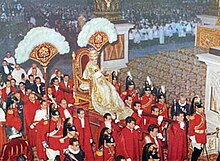

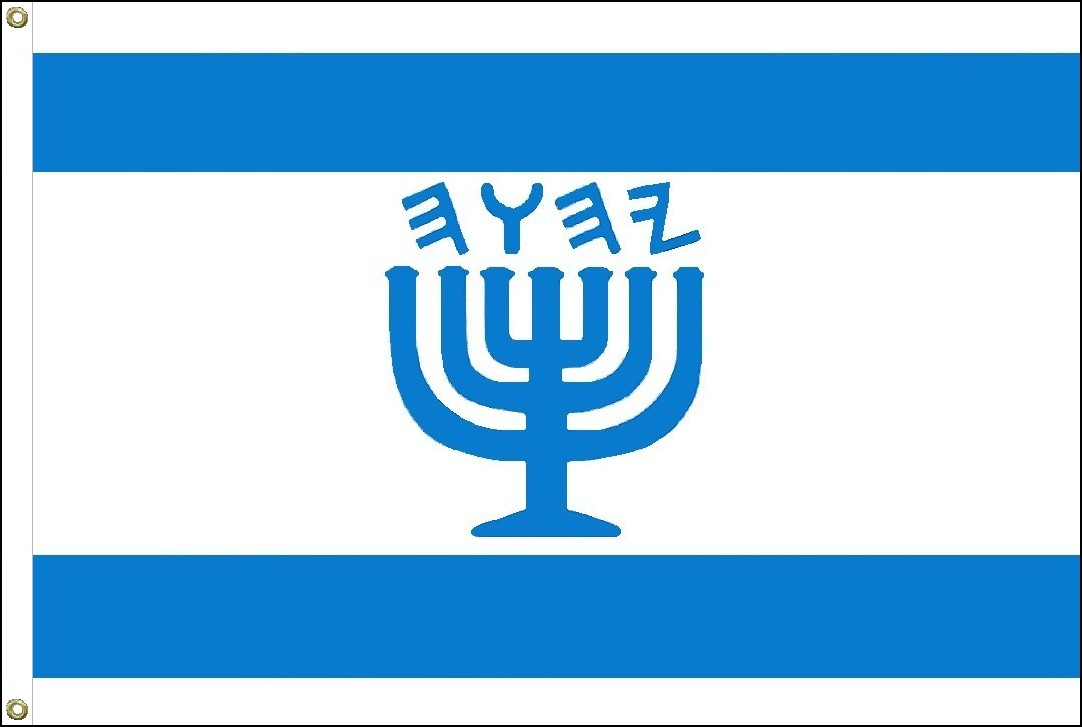

-1-.jpg)

